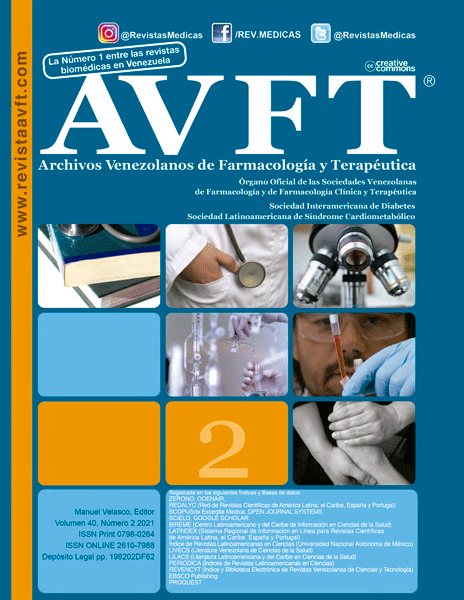KIR3DL1 gene genotype in patients with spontaneous recurrent abortion
Palabras clave:
Spontaneous recurrent abortion, Natural killer NK cells, KIR3DL1 gene, Karaj.Resumen
Introduction and objective: The mechanism of natural killer (NK) cells is based on the recognition of insider cells from alien cells according to inhibitory and activator responses of the receptor. One group of natural killer cell receptors are the killer immunoglobulin-like receptors (KIRs). It seems that decreased inhibitory activity or increased stimulatory activity of these receptors can play a key role in recurrent abortions. Thus, this study aimed to investigate the KIR3DL1 gene genotype in patients with spontaneous recurrent abortions due to its significance.
Methodology: This case-control study was conducted on 40 patients with recurrent abortion, who were referred to Kamali Medical Center of Karaj in 2018 and 40 people with normal pregnancies. Genotypes of KIR genes were isolated using standard kits and two groups were compared in terms of KIR3DL1 genotype frequency. Data were analyzed through SPSS software using descriptive statistics (mean and standard deviation) and inferential statistics of paired t-test and Wilcoxon with a p-value less than 5%.
Results: The KIR3DL1 genotype in the control group was found in 33 people (82.5%) and it was negative in 7 people (17.5%). The KIR3DL1 genotype in the case group was seen in 23 people (57.5%) and it was negative in 17 people (42.5) (p=0.012). The odds ratio (OR) was 0.287 with 95% confidence interval (0.102-0.802) and p= 0.0174.
Conclusion: The results of this study revealed that the KIR3DL1 inhibitory genotype frequency was significantly lower in patients with recurrent abortion than that in those with normal pregnancy.




